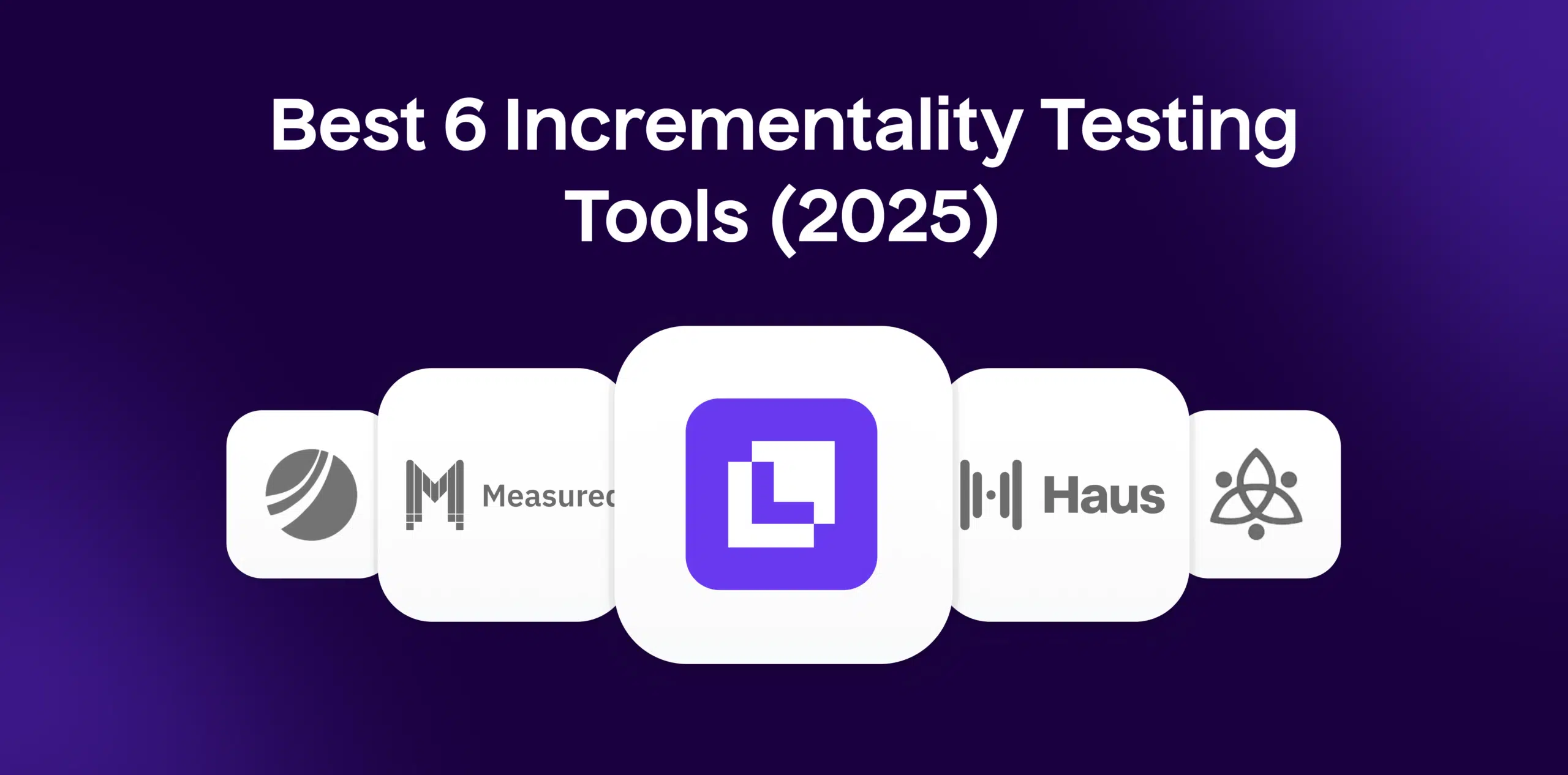What is Private Marketplace?
Private Marketplace, often referred to as PMP, is an evolving concept in the realm of digital advertising. This marketplace is a closed platform where premium publishers invite specific advertisers to bid on their inventory. Unlike open auctions, the PMP only entertains invite-only advertisers, allowing publishers to have more control over their ad inventory and the quality of ads displayed on their platforms. Using first-party data, publishers can maintain high ad relevancy and engagement, translating to better revenues and improved user experience.
Formula
There’s no definitive formula to calculate the effectiveness of a PMP since it’s largely dependent on the platform’s strategies for enhancing appeal to advertisers and improving ad relevancy for users.
Example
Let’s say a popular fashion blog site has a PMP. They could invite fashion retailers to bid for the ad spaces on their platform. The retailers bid programmatically (through Demand Side Platforms), ensuring the highest bidder gets the prime ad placements on the blog, boosting their visibility and potentially, their sales.
Why is PMP important?
- High Quality Traffic: Publishers hand-pick advertisers, ensuring only relevant ads are displayed. This enhances user experience, leading to higher engagement rates.
- Control Over Ad Inventory: By dictating who can bid on the inventory, publishers maintain control over ad placements – improving the overall quality of displayed ads.
- Improved Ad Revenues: Due to selectivity and high-quality inventory, advertisers are often willing to pay higher rates for ad placements.
Which factors impact PMP?
- Use Data Analysis: Understand your audience better and tailor your invitations to advertisers that cater to them.
- Optimize Ad Inventory: Ensure you provide ad spaces that are attractive, both in terms of positioning and targeting capabilities.
- Continuously Monitor Performance: Regularly tracking analytics helps you make necessary adjustments for optimal performance.
How can PMP be improved?
- Data Quality: The accuracy and depth of your first-party data will dictate how well you can match advertisers to your audience.
- Inventory Quality: The nature and positioning of your ad slots will impact their desirability to advertisers.
- Market Trends: The ongoing digital advertising trends will affect the attractiveness of your PMP.
What is PMP’s relationship with other metrics?
It’s crucial to understand that PMP performance impacts other ecommerce metrics. A PMP with highly engaging ads will invariably lead to improved user engagement rates, bounce rates, conversion rates, and, ultimately, overall site revenue. Furthermore, it can directly enhance site metrics like average pages per visit and average session duration. Therefore, optimizing your PMP can lead to the overall success of your ecommerce business.
Free essential resources for success
Discover more from Lifesight














